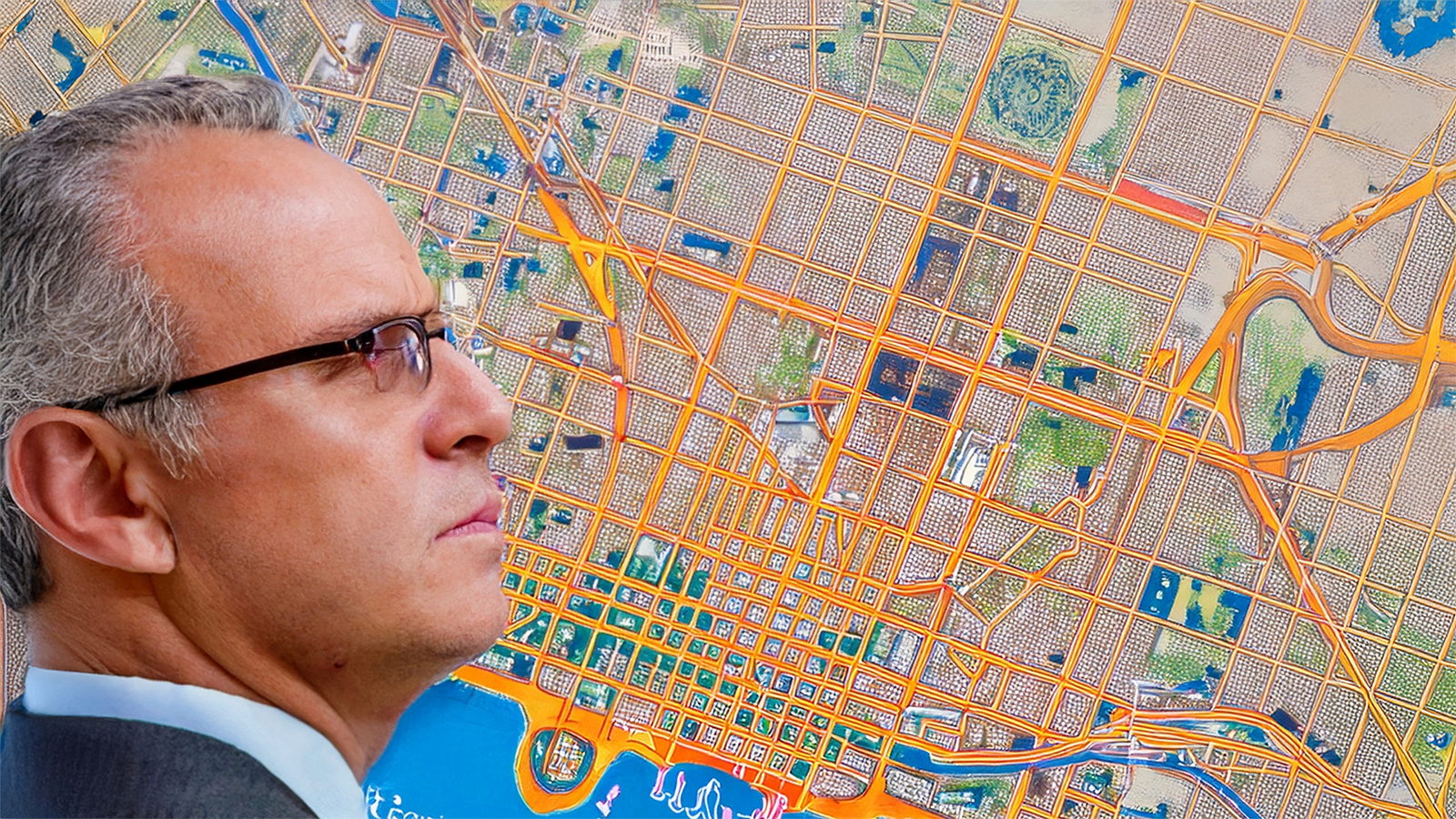Samuel Press

On July 8, 2025, President Donald J. Trump announced that his administration is “considering assuming control over the governance of Washington, D.C.” The statement, made during a Cabinet meeting, has reignited a long-dormant constitutional debate over the federal government’s authority in the nation’s capital.
While no executive action has yet been taken, the President’s remarks reflect a growing concern about rising crime, deteriorating infrastructure, and perceived dysfunction within D.C.’s local administration. Frustration over a lack of accountability and oversight in the District has prompted the White House to consider whether stronger federal engagement may be necessary to restore order and national confidence in the seat of government.
Washington, D.C. was never intended to function as an independent city-state. Created by the Constitution as a federal district under the authority of Congress, the capital exists to serve the interests of the nation—not just its residents. Since the 1973 Home Rule Act, the city has been granted limited autonomy, but that autonomy has always remained subject to congressional oversight.
President Trump’s comments are a reminder that the federal government retains both the authority and the responsibility to intervene when necessary. If Washington, D.C. is perceived as failing to meet its basic obligations—public safety, fiscal discipline, and infrastructure management—it becomes a matter of national concern, not merely local politics.
From a governance perspective, the President’s statement represents a logical reassessment of federal responsibilities in the capital. The District is not just any city—it is the heart of the Republic, home to the nation’s most critical institutions. When crime rates rise, homelessness becomes more visible near federal buildings, or city leadership appears unable to manage crises, it reflects poorly on the entire country.
Reasserting federal authority in D.C. is not an unprecedented move—it is a constitutional prerogative. It would also reaffirm Washington’s role as a symbol of unity and strength, rather than partisan division and administrative drift.
The reaction to Trump’s remarks has been predictably polarized. Progressive leaders have denounced the statement as anti-democratic, while others acknowledge the troubling indicators that prompted the President’s comment. Many in the business community and federal workforce—who rely on safe, well-managed public space—have quietly welcomed the idea of a more engaged federal hand.
For the White House, this move is consistent with a broader effort to restore trust in core institutions and ensure that the capital reflects the order and stability expected of the world’s leading democracy. Trump’s approach may be disruptive, but it is driven by a core conviction: the federal government cannot afford to allow its own capital to be mismanaged or unsafe.
Washington is more than a city; it is a global symbol. Tourists, diplomats, and journalists from every corner of the world form their impression of the United States through their experience in the capital. As such, the federal government has a legitimate interest in ensuring the city presents a coherent and secure image of American governance.
The President’s remarks, while unorthodox in tone, are grounded in this concern for perception and substance. While critics may point to potential legal and political ramifications, allies of the administration see a bold reaffirmation of executive responsibility over the integrity of the federal district.
For private sector stakeholders, federal agencies, and institutions operating in D.C., the discussion around governance reform is not just theoretical. It may result in tangible changes in oversight, permitting, public services, and regulatory clarity.
A more streamlined or federally coordinated approach to governance—especially in areas like public safety, transportation, and emergency response—could offer predictability and improved service delivery. For many professionals and residents in the capital region, this shift could provide relief from years of bureaucratic gridlock and administrative uncertainty.
President Trump’s statement is best understood as part of a larger vision for national renewal—one that begins with fixing what is broken, including in the capital. While his remarks have provoked controversy, they have also forced a long-overdue conversation about the obligations of the federal government toward the District of Columbia.
Reasserting authority over the capital, if handled with care and legality, could mark a turning point in restoring the District’s national function and image. As Washington reenters the spotlight—not just as a political battleground, but as a test of federal responsibility—the question now is not whether Trump’s proposal is provocative, but whether it is necessary.